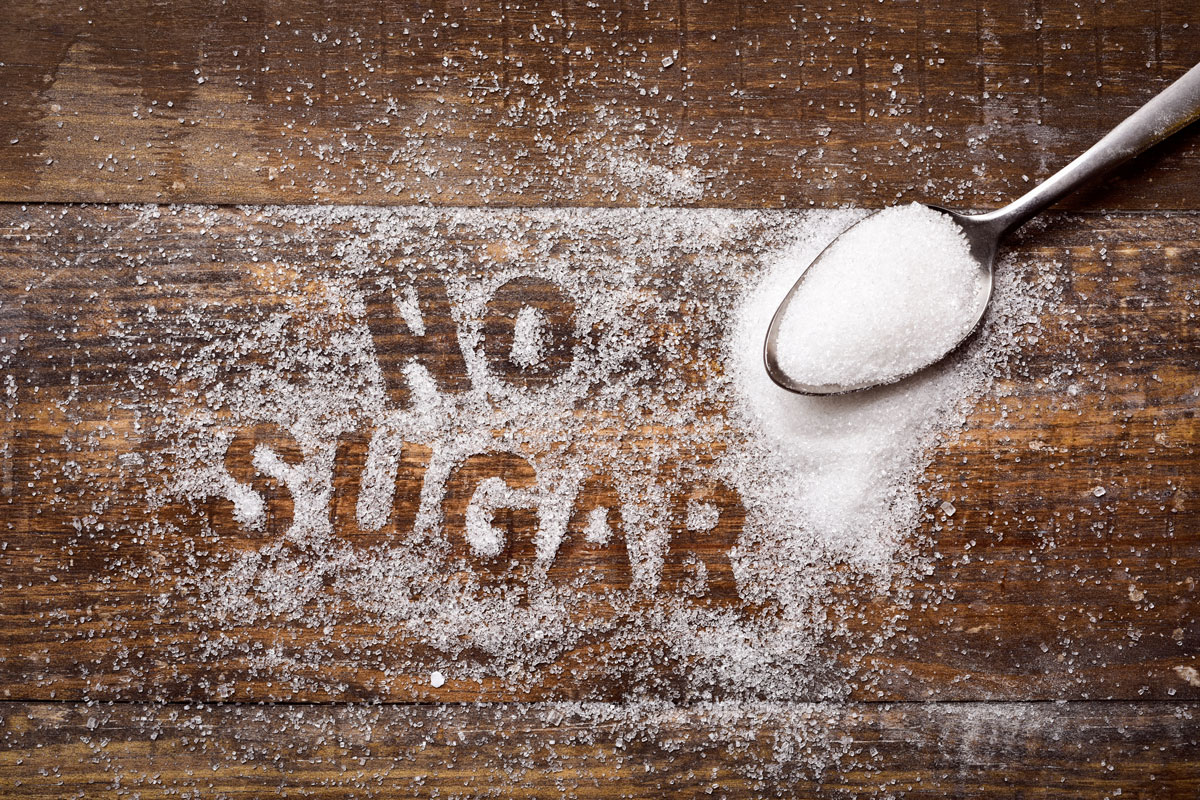
Savio Boarini, CEO of Sibat Tomarchio, a historic soft beverage company based in Catania, has condemned the proposed sugar tax, calling it a direct threat to Sicilian agri-food excellence. “This is a death sentence for the region’s renowned agricultural sector, a disaster waiting to happen that could bring down the entire supply chain,” he said.
Founded in 1920, Tomarchio combines traditional craftsmanship with innovation, producing drinks that feature Sicilian citrus fruits paired with Mount Etna’s spring water. Boarini argued that the tax would jeopardize not only productivity, investment, and jobs in the beverage sector but also Sicily’s unique agricultural heritage. “The sugar tax will harm producers, farmers, processors, and workers across the value chain, threatening an ecosystem with roots stretching back millennia,” he added.
Tomarchio, known for its organic beverages made with 100% Italian sugar, has long ensured the traceability of its citrus juice, sourced from the island’s Protected Designation of Origin (PDO) and Protected Geographical Indication (PGI) regions. These include Arancia Rossa PGI, Limone di Siracusa PGI, and Arancia di Ribera PDO.
For Boarini, the sugar tax represents a “tax on ‘Made in Sicily’” that would have wide-reaching consequences for the region’s agriculture and economy. “This is not just a blow to the beverage industry—it threatens the entire value chain, from production to consumption.”
Tomarchio, a key player in the global beverage market, has invested heavily in sustainability and technology in recent years, maintaining its competitive edge and contributing to regional economic growth. “Our hard-won progress in internationalization and market competitiveness will be undone by this unnecessary and burdensome tax,” Boarini concluded. “It targets only non-alcoholic drinks and risks pushing the sector into an irreversible crisis.”
